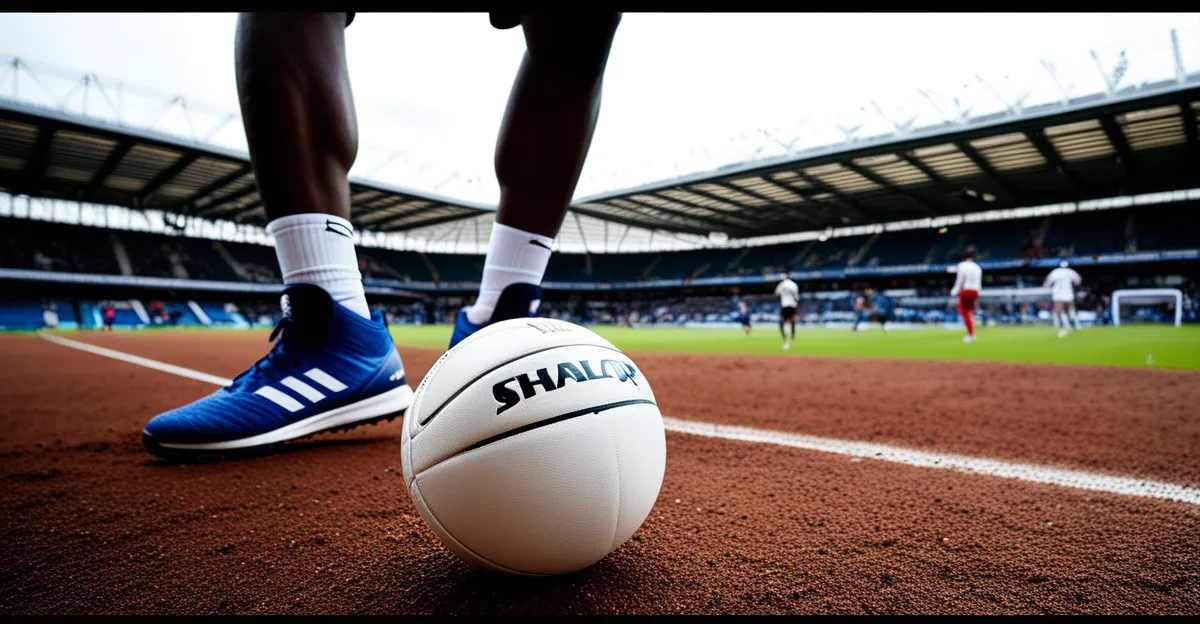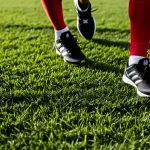Key Challenges Facing the UK in International Sports Competitiveness
The UK sports performance on the global stage faces several significant obstacles. Despite historic successes, recent international sports challenges have exposed barriers to competitiveness that hinder sustained progress.
A primary issue is the ageing and uneven distribution of sports infrastructure UK-wide, which limits athletes’ access to world-class facilities. Many regions lack sufficient investment, curbing training quality and talent growth. Moreover, sports funding remains constrained and often fragmented, reducing the ability to support elite athletes effectively across all disciplines.
In the same genre : How Can UK Sports Lead the Way in Global Sustainability Efforts?
Another pressing challenge is talent identification. Current systems sometimes fail to capture diverse potential early enough, causing promising athletes to miss out. The linkage between grassroots programs and elite development pathways requires strengthening to ensure a continuous flow of talent.
Globally, increased investment and innovation from rival nations elevate competition. Countries adopting cutting-edge technologies and holistic athlete development models raise the bar, intensifying pressure on UK programmes to adapt swiftly.
Also to read : What Strategies Do UK Sports Teams Use to Enhance Fan Engagement?
Addressing these complex barriers to competitiveness requires a strategic overhaul in funding, infrastructure modernization, and talent nurturing to sustain the UK’s position in world sports.
Strengthening Sports Infrastructure and Investment
Investment in sports infrastructure UK remains a crucial lever to improve athletic performance and competitiveness. Currently, many facilities are outdated or unevenly distributed, limiting access for athletes across regions. Upgrading these venues and building new state-of-the-art centres can elevate training quality and athlete preparation.
Sports funding in the UK blends government allocations and private sector investment. While public funding targets national and regional programmes, private sponsorship often supports elite athletes and teams. However, fragmented investment strategies reduce overall impact. Coordinated funding models focusing on long-term infrastructure planning can ensure resources are effectively deployed.
Technology and innovation are transforming facility standards globally. Incorporating advanced sports science equipment, data analytics tools, and recovery technologies into new and existing centres will boost athlete development. For example, smart training environments allow personalised monitoring and feedback, enhancing performance gains.
To meet international sports challenges, the UK must prioritise holistic investment strategies combining facility enhancement, cutting-edge technology, and sustainable financial planning. This approach addresses core barriers to competitiveness and lays a strong foundation for future UK sports performance on the world stage.
Enhancing Talent Identification and Development Pathways
Effective talent development UK hinges on early and accurate identification of promising athletes. Current systems face challenges in capturing diverse potential due to inconsistent scouting and limited reach into some communities. This creates significant barriers to competitiveness by restricting the athlete pipeline.
Sports academies and grassroots sports programs play a pivotal role in nurturing talent from a young age. Grassroots initiatives engage wide youth participation, providing foundational skills and motivation. However, bridging these programs with high-performance pathways requires stronger coordination. Collaborative efforts between schools, local clubs, and elite training centers can create seamless progression routes, ensuring identified talents receive tailored development and support.
Additionally, investment in coaching at grassroots and academy levels is critical to elevate talent development UK-wide. Well-trained coaches equipped with contemporary methodologies enhance athlete growth and retention.
Global competitors increasingly integrate comprehensive talent systems incorporating data analytics and early performance tracking. Emulating such models alongside fostering partnerships between education and sports institutions can mitigate current UK challenges. Enhancing these development pathways is essential to convert participation into podium success, addressing key barriers to competitiveness faced by UK sport.







